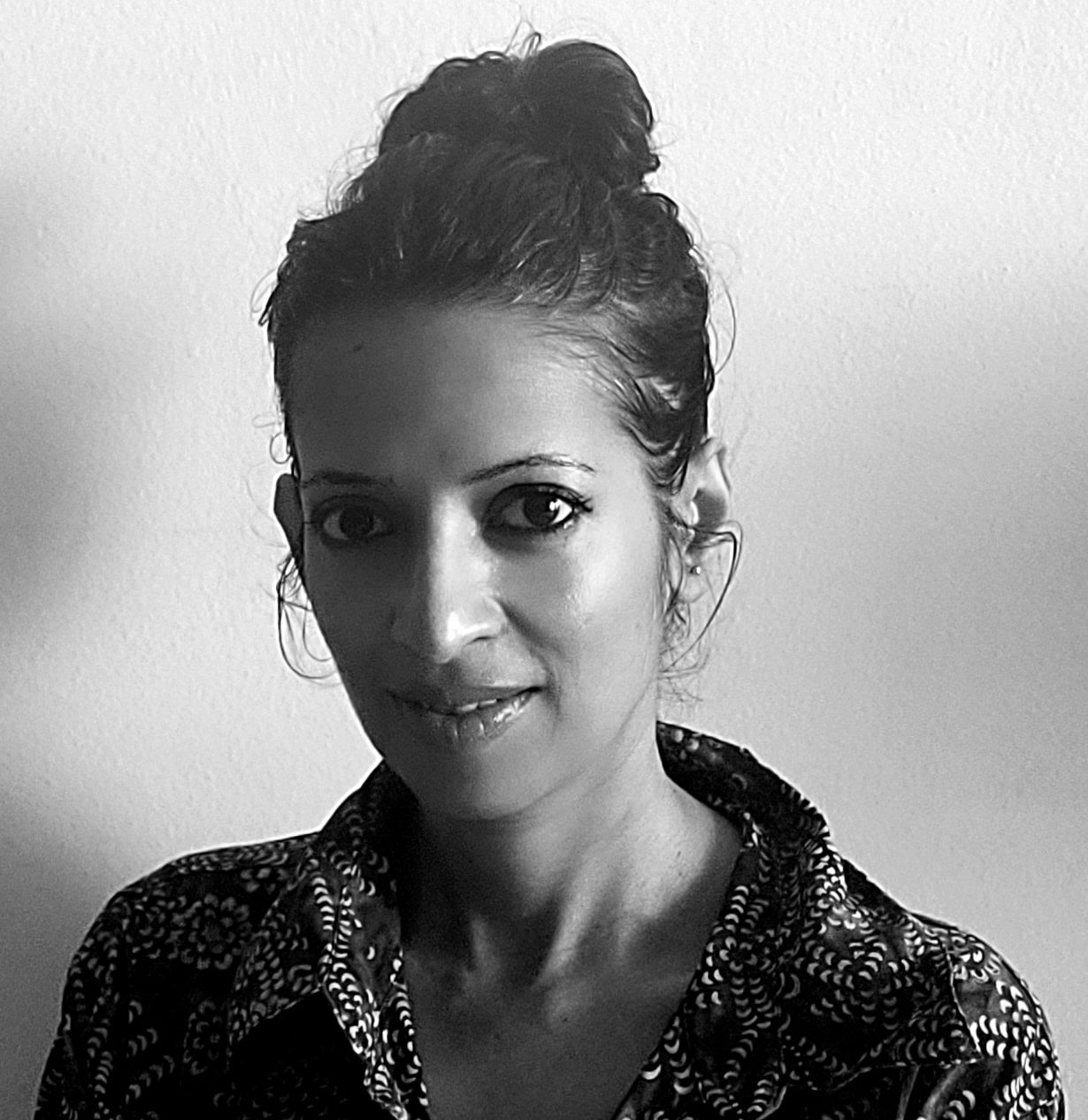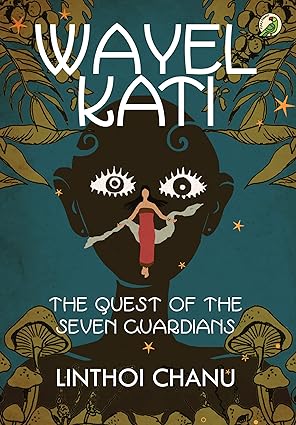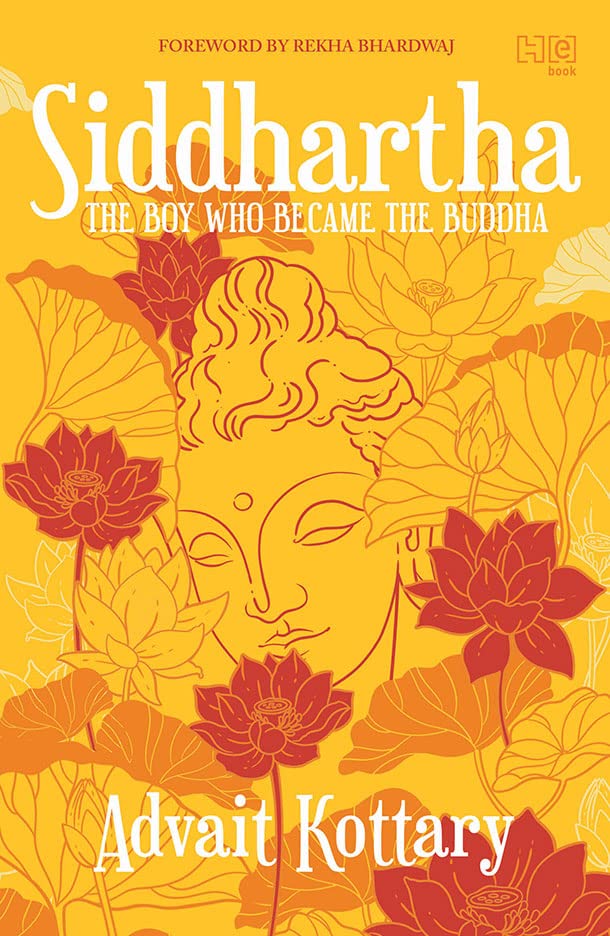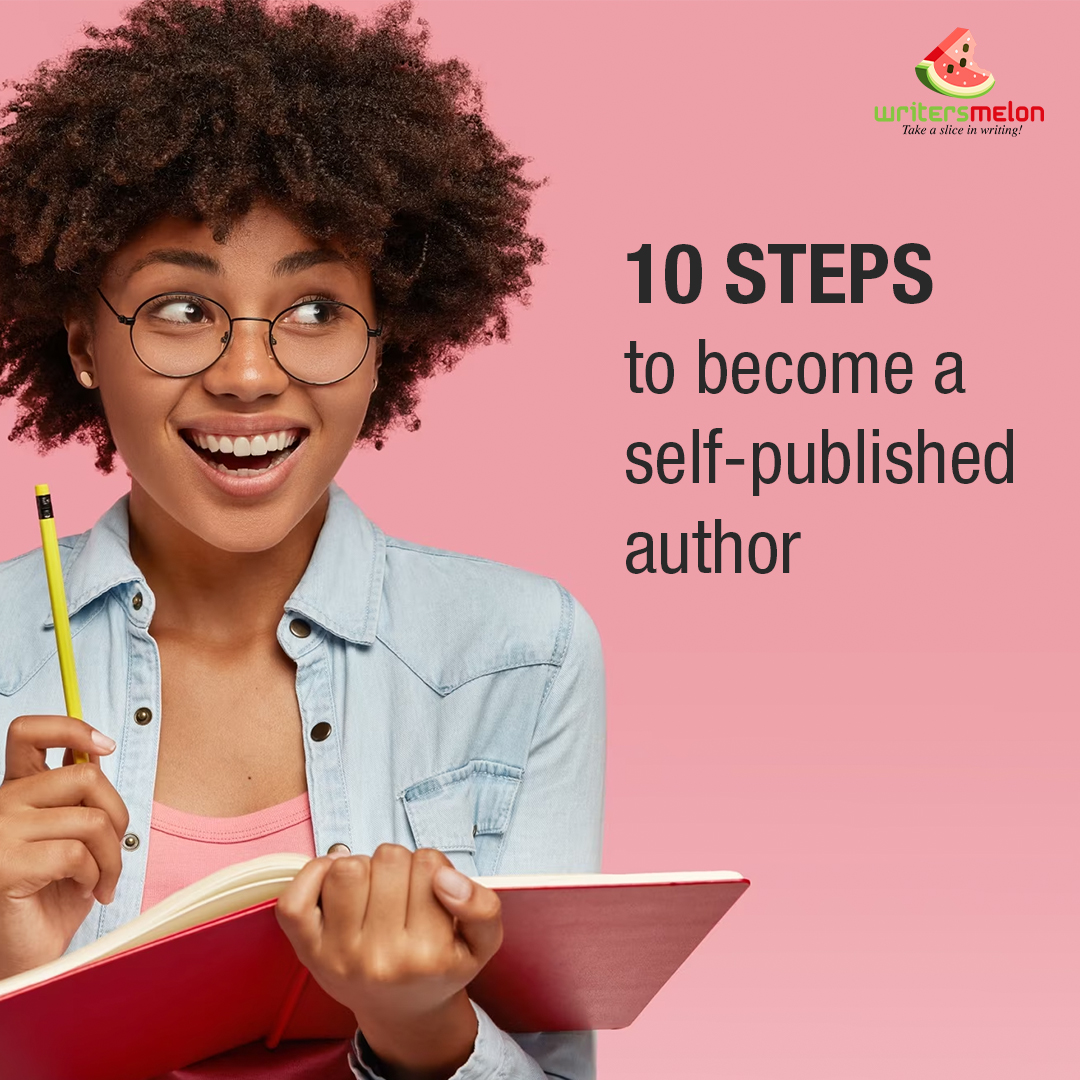I have always maintained a journal to jot down my scribbles. I remember my very first journal—a bound LIC diary in green colour—given to me by my mother. I can recollect her words then, ‘Put all your writings in one place or they might get lost.’ That diary became my most prised possession. It had my first poems, stories, thoughts and a few songs too. Now days, I write on paper—both ruled and un-ruled—and file them away. Since all my writings are done with a pen and paper initially, I have separate files for stories, poetry and articles. Apart from that I have a special file titled ‘Musings’. Everything that doesn’t fit into the other three files find a place in my Musings file. It is the musings file that fills up faster than all the others. I rant, rave, crave and save all my emotions into it. It is the storehouse that contains details ranging from how I met my hubby and when my kids have their exams to how much I love to hate Facebook and what I think of the books and authors I meet. It has been a year since I started posting a flash fiction every week on my Facebook page. It hasn’t been easy. There are many weeks when I run out of ideas or the ideas get written in other forms like short stories and poetry. My biggest blessing for the last one year has been my journal. When I get blocked for a theme, I pick up my Musings file and read through the pages randomly. Many story ideas, poetry and articles, including this one, find their origins within those pages. This is the reason why a writing journal is an absolute necessity in every writer’s life. ‘It was while writing a Diary that I discovered how to capture the living moments. Keeping a Diary all my life helped me to discover some basic elements essential to the vitality of writing. When I speak of the relationship between my diary and writing I do not intend to generalize as to the value of keeping a diary, or to advise anyone to do so, but merely to extract from this habit certain discoveries which can be easily transposed to other kinds of writing. Of these the most important is naturalness and spontaneity. These elements sprung, I observed, from my freedom of selection: in the Diary I only wrote of what interested me genuinely, what I felt most strongly at the moment, and I found this fervour, this enthusiasm produced a vividness which often withered in the formal work. Improvisation, free association, obedience to mood, impulse, bought forth countless images, portraits, descriptions, impressionistic sketches, symphonic experiments, from which I could dip at any time for material.’ The French-Cuban writer, Anaïs Nin, who spoke the above words, was one of the most devoted diarists in modern literary history. Her journals, spanning nearly fifty years, have been compiled and published into sixteen volumes. They provide a deep insight into her thoughts on literature, relationships, love, life and the meaning of it all. I am sure you must be all pepped up now about starting your own journal too. Before we proceed further, here are some ideas to implement:
How? Now days, many people are put off by the thought of writing by hand. While a diary does invoke an idea of a hardbound journal and a fountain pen, it need not be so. I know of many friends who love to type out their thoughts on their laptop. Unlike me, they have their jottings with them every day and everywhere. I remember reading about this poet who does fifteen minutes of free-writing, into her laptop, every day. Then, when she is stuck for ideas, she scrolls through her document picking up a line here, a word there and a thought somewhere else. She transposes hem into each other to create these magnificent poems that speak volumes. So, you do not need to stick to norms. Do whatever works for you.
Who? Many people assume that a journal is the prerogative of writers and artists. This is not true. Many corporate professionals maintain ‘Work Journals’ to clear their head, de-stress and set work goals. Many of them report happiness and a feeling of achievement when they list all their accomplishments at the end of the day. Anyone can and everyone should maintain a journal.
When? Julia Cameron, author of ‘The Artist’s Way’, swears by the morning pages. ‘The bedrock tool of a creative recovery is a daily practice called Morning Pages. Morning Pages are three pages of longhand, stream of consciousness writing, done first thing in the morning. There is no wrong way to do Morning Pages; they are not high art. They are not even writing. They are about anything and everything that crosses your mind– and they are for your eyes only. Morning Pages provoke, clarify, comfort, cajole, prioritise and synchronise the day at hand. Do not over-think Morning Pages: just put three pages of anything on the page…and then do three more pages tomorrow,’ she says. While it is best to write in the journal the first thing in the morning, I turn to my pages all through the day. The most recent episode was when I woke up at 2 am to record a vivid dream that wouldn’t let me go back to sleep. However, most diarists have a specific time of the day to jot down their thoughts. If you are new to this practice, this will instil discipline and help you maintain a routine.
How much? Julia Cameron suggests that we do three pages every day. My diary entries have been as short as one paragraph many days and as long as ten pages rarely. Also, I keep writing in it all through the day, rather than at one point of time. Also, there are many days when I write nothing. I do not beat myself about it. Writing in the journal should be a fun exercise and I do not like it to be another stressful word-count driven activity. If you find yourself slipping into lethargy and procrastination, you can bind yourself to write for five minutes or one page every day till it becomes a habit.
What? Sometimes, especially when you bind yourself to write in your journal every day, you get blocked. You wonder what are you supposed to put down. Looking at the diaries of Anaïs Nin and Virginia Woolf can be depressing. While my diary is filled with memories of chicken biriyani and chocolate cake along with detailed descriptions of my quarrels with my hubby, their journals oozed with thoughts on life, love and human nature. They were works of deep philosophy while mine seemed petty and boring. Now, I have learned to let go. I give myself the freedom to write whatever I want. I do not overthink it. For those days, when the blank page intimidates, writing prompts are my saviour. My most favourite prompt is the one that says, “Write ‘I remember …’ and start writing about the first memory that it evokes.” I can write pages and pages on that one. Keep a list of such writing prompts handy and use them whenever you are stuck for ideas.
‘What a comfort is this journal I tell myself to myself and throw the burden on my book and feel relieved.’ — Anne Lister
———————–
Written by : Archana Sarat
Archana Sarat is an Author and Poet for the last ten years. Her works are published in various popular newspapers, magazines and anthologies like The Times of India, The Economic Times, The SEBI and Corporate Laws Journal, The CA Newsletter, DNA Me Magazine, the Science Reporter, the Chicken Soup for the Soul series, the WRIMO India Anthology, the GloMag Literary Journal and many more. Though she is a Chartered Accountant by qualification, she took up her childhood love for writing as her profession.











